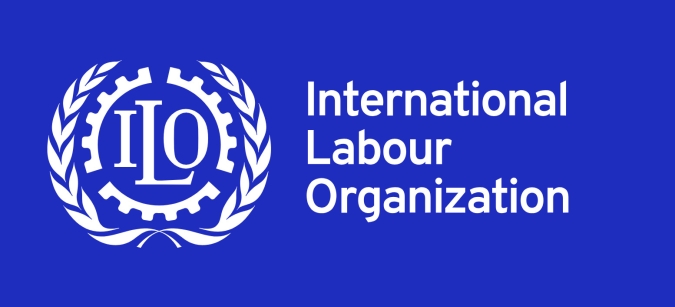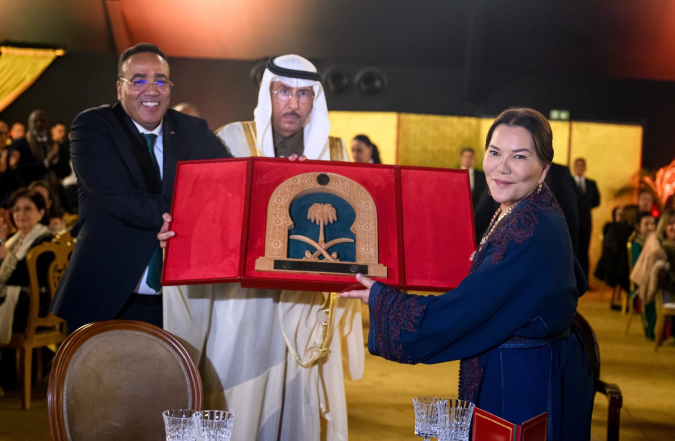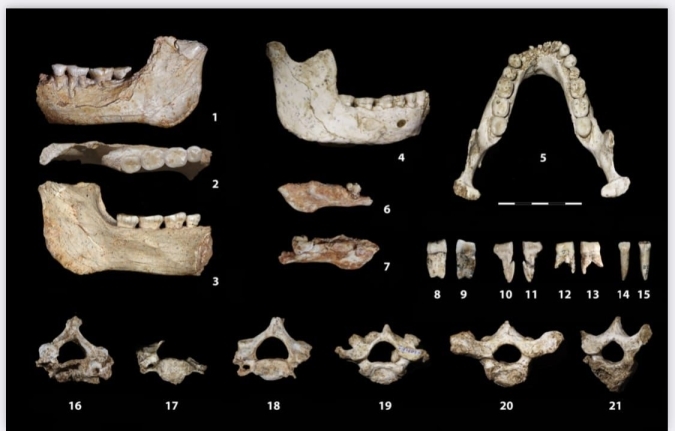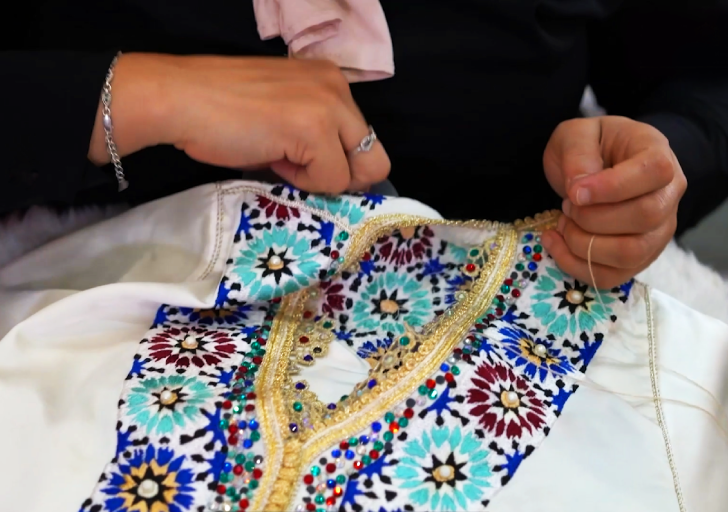
The Director-General of the International Labour Organization (ILO), Gilbert F. Houngbo, praised Morocco’s recent adoption of the strike law and its approval by the Constitutional Court, calling it "very good news" that reinforces the role of social policy in the country’s socio-economic and political development.
“The adoption of the law regulating strikes, and especially its validation by the Constitutional Court on March 25, was very good news for us at the ILO,” Houngbo told the press following a meeting with Younes Sekkouri, Morocco’s Minister of Economic Inclusion, Small Business, Employment, and Skills, who is on a two-day visit to Geneva.
Houngbo commended the social dialogue that shaped the drafting and approval of the law, calling it “one of the best ways to ensure the long-term success of our actions.”
He also noted that the move aligns with Morocco’s commitment to social policy within its broader socio-economic and political development strategy, a commitment he witnessed firsthand during his visit to the country last spring.
Houngbo thanked Morocco for agreeing to host the ILO’s summit on combating child labor in early 2026, describing the event as highly significant for the organization.
“There are many areas of cooperation between Morocco and the ILO. We have an excellent relationship,” he said, highlighting Morocco’s "very active" role within the African group and in global governance discussions.
For his part, Minister Sekkouri noted that with the adoption of the strike law by both houses of parliament and its validation by the Constitutional Court, “Morocco has taken an important step in regulating relations between the working class and employers, as well as within society, by establishing minimum service requirements.”
This law, adopted after 63 years of waiting, he added, Morocco now joins a select group of countries that have successfully balanced social, economic, and societal interests.
Sekkouri also discussed other important topics, such as the employment roadmap developed in collaboration with ILO experts over the past two years. This plan has been incorporated into the 2025 Finance Law and includes targeted support for “NEET” youth—those not in employment, education, or training.
The initiative aims to assist around one million young people while also providing support to small and micro-businesses to help them hire from this demographic, he explained.
Another key topic of discussion was Morocco’s cooperation with the ILO in the fight against child labor. Sekkouri highlighted Morocco’s significant progress in this area, attributing its success to the High Directives of His Majesty King Mohammed VI.
The meeting was attended by Morocco’s Permanent Representative to the United Nations in Geneva, Ambassador Omar Zniber, and Nour Elamarti, Director of International Cooperation at the Ministry of Economic Inclusion, Small Business, Employment, and Skills.
MAP: 02 avril 2025







